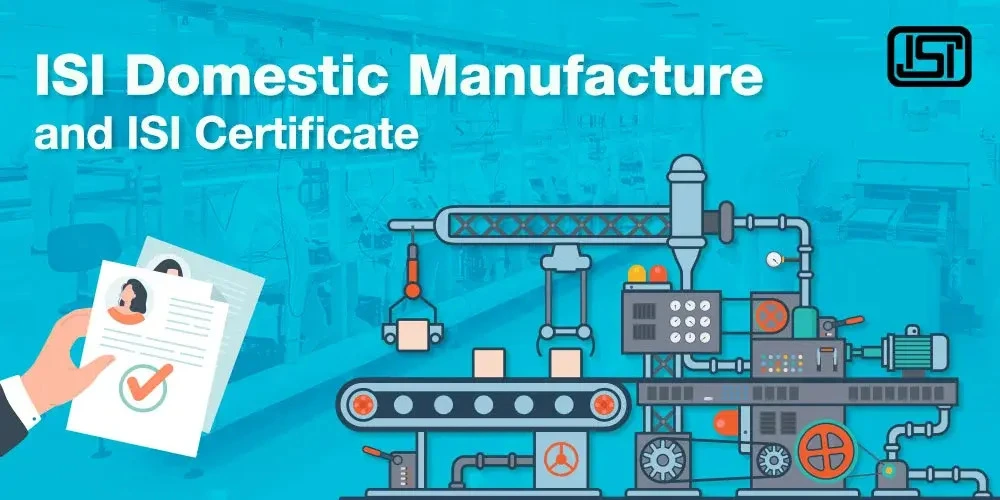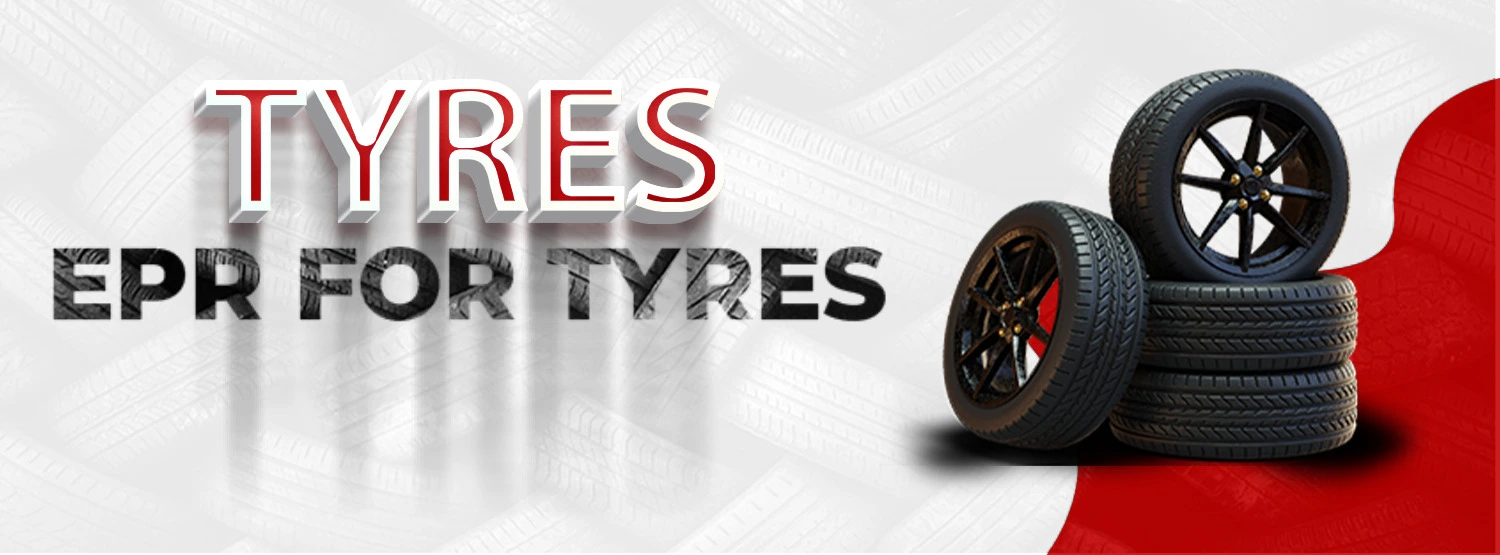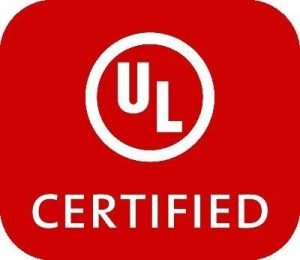Introduction Of Copyright Registration in India
Copyright registration in India refers to legally securing the rights of creators and owners over their original literary, artistic, musical, or dramatic works. The Copyright Office under the Ministry of Commerce and Industry is responsible for administering and granting copyright registrations in India.
The Copyright Act of 1957 governs copyright law in India and provides creators exclusive rights to reproduce, communicate to the public, adapt, and perform their creative works. While copyright protection exists automatically upon creating a work, registering the copyright provides additional benefits and legal advantages.
In India, copyright registration serves as prima facie evidence of ownership and validity of the copyright. It establishes a public record of the work and its ownership details, making it easier to prove authorship and protect against infringement. Copyright registration also enables creators to take legal action and seek remedies in case of copyright violations.
The Copyright Office accepts applications for copyright registration for various works, including literary works (books, poems, etc.), artistic works (paintings, photographs, sculptures, etc.), musical works, dramatic works, cinematographic films, sound recordings, and software.
To register copyright in India, applicants must submit the application form, the prescribed fee, and supporting documents to the Copyright Office. The application should include details such as the title of the work, year of creation, nature of the work, and information about the author, publisher, and any other relevant parties. Once the application is submitted, it goes through a process of examination, and upon successful completion, a certificate of copyright registration is issued.
Copyright registration in India is essential for creators to protect their intellectual property rights, establish ownership, and safeguard their creative works from unauthorized use. It provides legal benefits and remedies, enhances the work's commercial value, and helps prevent infringement and piracy
The register of the Registrar of Copyrights is divided into the following six categories:
- Part I - Literary Works: This category includes various forms of literary works such as books, novels, poems, articles, essays, computer programs, databases, and other written or typed works.
- Part II - Artistic Works: This category covers artistic works, including paintings, drawings, sculptures, photographs, architectural designs, maps, charts, engravings, and works of applied art.
- Part III - Musical Works: This category pertains to musical works, which include compositions with or without lyrics, musical scores, notations, and any other musical arrangements or creations.
- Part IV - Cinematograph Films: This category encompasses cinematograph films, which refer to motion pictures or audiovisual works, including feature films, documentaries, animation, short films, and any other form of audiovisual content.
- Part V - Sound Recordings: This category involves sound recordings, which include recordings of any kind of sound or voice, including music albums, audiobooks, lectures, speeches, and other audio recordings.
- Part VI - Computer Software: This category specifically deals with computer software or computer programs, including source code, object code, software applications, and any other software-related creations.
These categories help organize the register of the Registrar of Copyrights, making it easier to classify and track different types of copyrighted works. Creators and applicants need to specify the relevant category when submitting their copyright registration applications to ensure accurate registration and documentation of their works.
- Home
- About Us
-
Services
- BIS ISI Mark Certification
- BIS-CRS Certification
- ISI Domestic Manufacture
- EPR Plastic Waste
- EPR E-Waste
- EPR Registration
- EPR Battery Waste
- BIS FMCS Registration
- WMI Registration
- BIS ECO Mark Scheme
- BIS Certification for Footwear
- EMI-EMC Test
- RF Testing
- IP Rating Test
- TEC Approvals
- NABL Testing
- LM 79 & LM 80
- ROHS Approval
- CE Certificetion
- EPR Importance
- EPR For Tyres
- EPR For Used Oil
- TradeMark
- Copy Right
- WPC-ETA Approval
- BEE Registration
- FSSAI Registration
- Gem Registration
- BIS Certification for Toys
- Import Export License
- Custom Compliance
- LAB Setup and lab equipment
- UL Certification
- CDSCO Approvals
- Drug License
- NOC For Steel
- IMEI Registration
- ISO Certification
- Legal Metrology
- NSIC Registration
- Start-Up Registration
- Make in India Mark
- LMPC Registration
- CDSCO Registration
- Updates
- Gallery
- Clients
- Contact Us














































































